Zimbabwe
A Zimbabwean court has dismissed an opposition bid to block public hearings into the Gukurahundi massacres—an episode in the 1980s during which thousands were killed by elite troops under then-President Robert Mugabe. The Zimbabwe African People’s Union (ZAPU) argued the process lacks impartiality and legal legitimacy, as it's led by traditional chiefs. But the Bulawayo High Court ruled the challenge was not urgent and came too late.
The hearings, backed by President Emmerson Mnangagwa—himself a former security minister during that era—aim to promote truth, reconciliation, and healing in communities affected by the killings, especially in Matabeleland and the Midlands. Victims’ groups welcome the move as a long-overdue chance for justice and public acknowledgment.
While ZAPU remains critical, saying the model silences perpetrators and risks whitewashing history, the government insists the process is a vital step toward national unity. The hearings will collect testimonies, with chiefs playing a central role in facilitating dialogue. Civil society groups stress the need for transparency and accountability as the country confronts one of its darkest chapters.



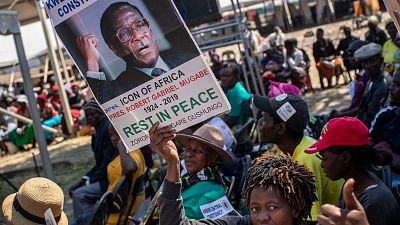



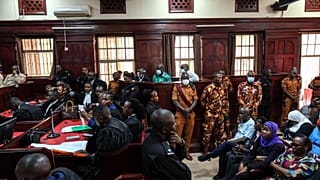
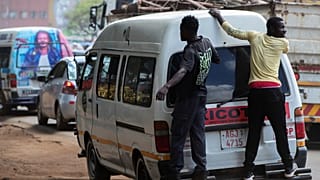
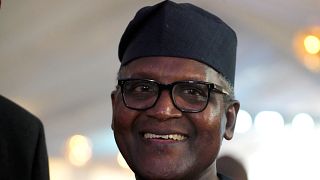
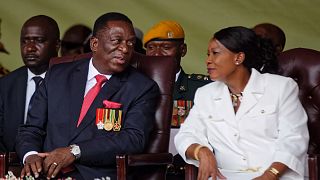
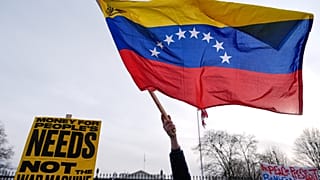
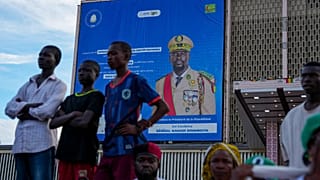
01:18
Tunisian opposition leader, Abir Moussi, handed 12-year jail term
Go to video
Fugees’ Pras Michel jailed 14 years in US foreign money case
Go to video
Morocco issues first human trafficking sentence over Asia online scam
Go to video
Meta agrees to $32.8 Million data privacy settlement with Nigeria
Go to video
Husbands can now take wives' surnames, South African court rules
01:11
Rapper Cardi B cleared of assaulting security guard